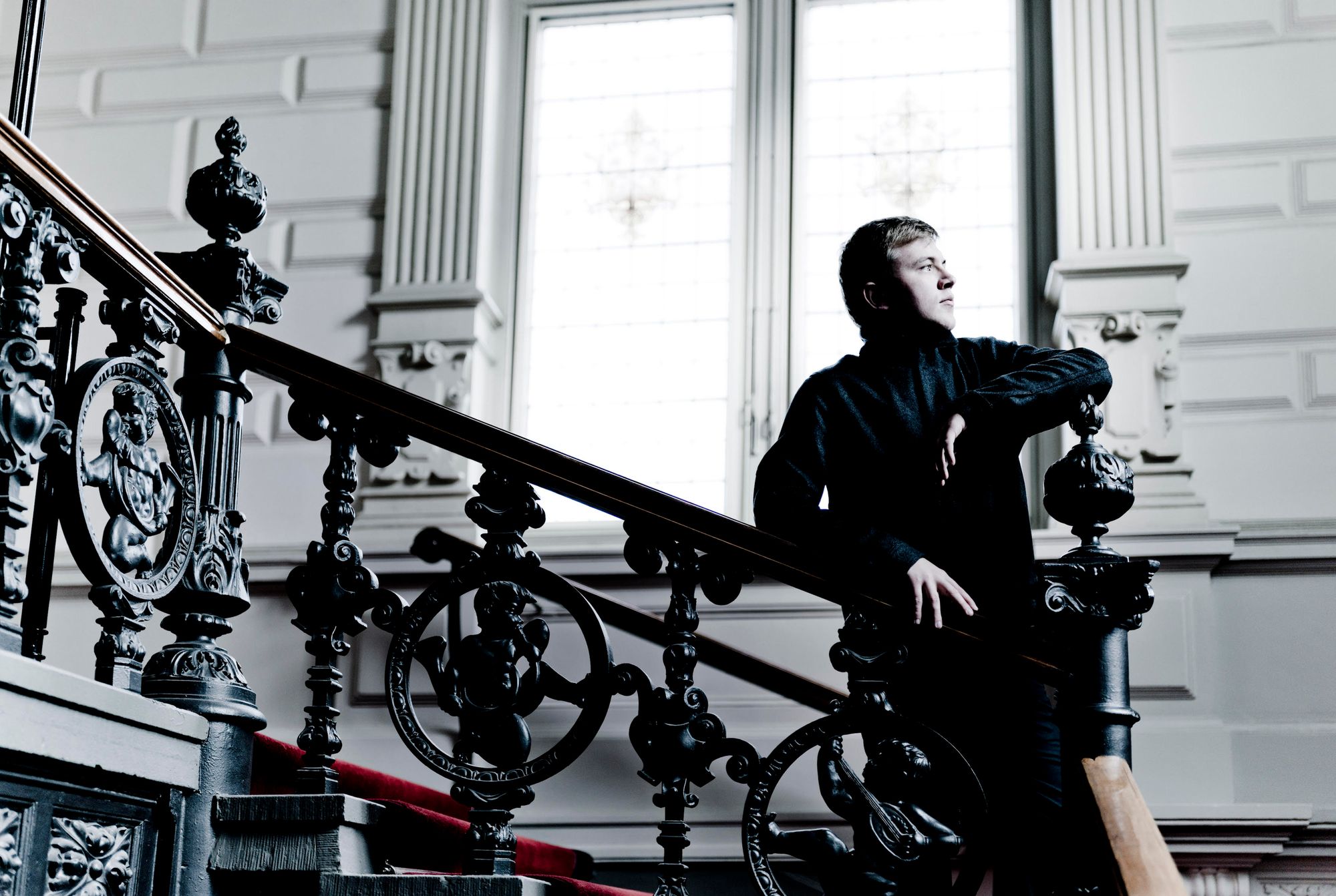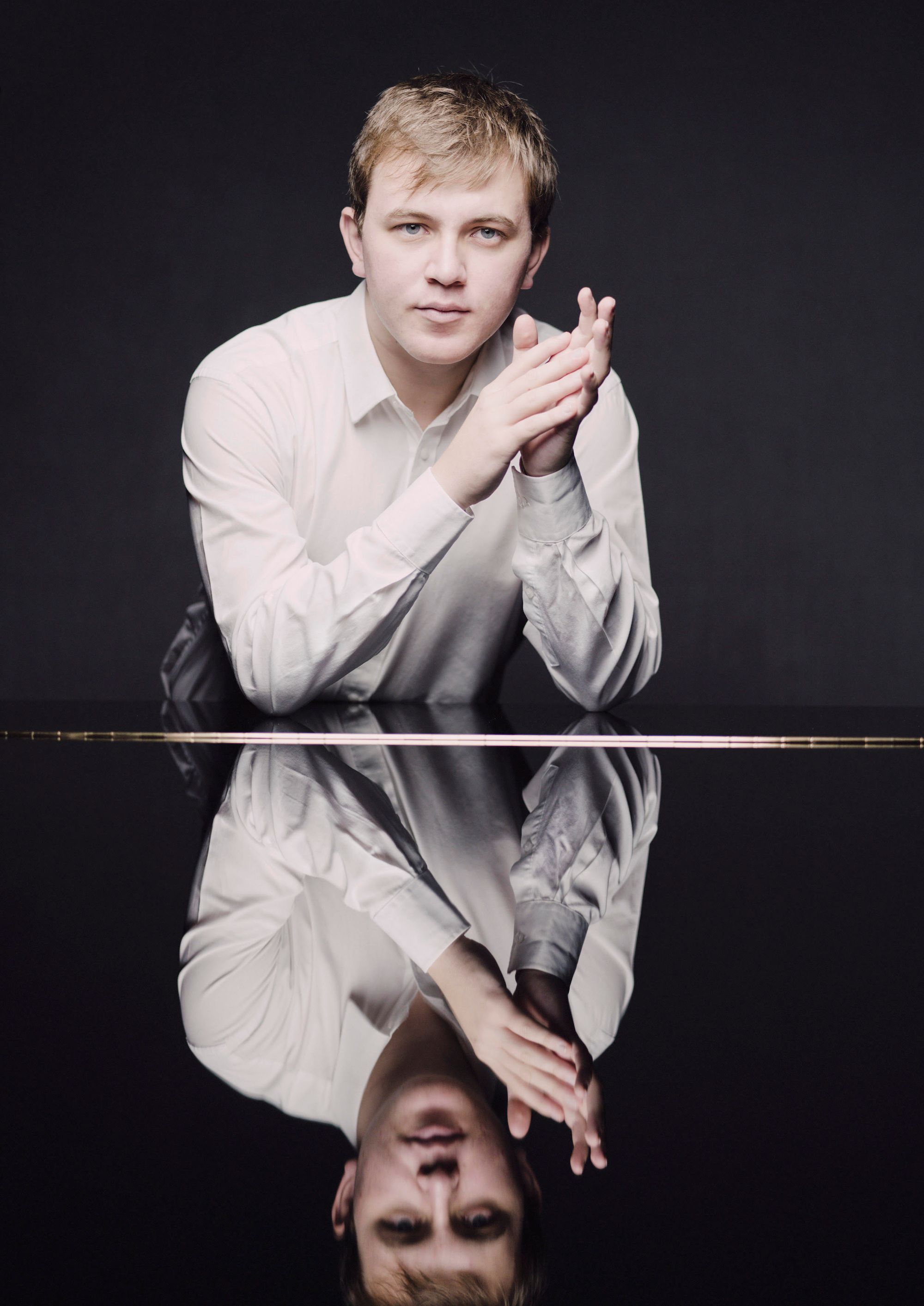The Art of Fugue: Filippo Gorini's fabulous project
There is no doubting that Filippo Gorini is one of the great thinkers around today ...
There is no doubting that Filippo Gorini is one of the great thinkers around today. He fearlessly tackles repertoire: Beethoven Diabelli Variations, and aa disc of the late Sonatas, Opp. 106 ("Hammerklavier") and 111 are two examples: here is another pinnacle of the keyboard.
This is Gorini's most ambitious release to date: Bach's Die Kunst der Fuge (The Art of Fugue). But this is not just a release: it is a whole project.

Bach's unfinished masterpiece (BWV 1080) is of unspecified instrumentation, and there are many different attempts to realise it in the record catalogues. It dates from Bach's last decade, and comprises 14 Fugues and four Canons; the final Fugue, incomplete, is left hanging in the air, unforgettably. Gorini has spoken about letting that ending surprise him every time, even in the recording studio. Such a compositional exploration was unparalleled at the time, and perhaps in terms of monumental structure we have to wait until the twentieth century and Sorabji and is Opus Clavicembalisticum to equal it.
Before we launch into detail about the project itself, let's hear some of Gorini's fabulous Bach playing. He is at once intellectual (nothing escapes him in this complex music) and yet speaks directly, yes, to the heart, but more, to the soul. Here's Contrapunctus IX:
Bach's writing in this piece is the absolute distillation of his contrapuntal thought. Not a note is wasted; the piece requires supreme concentration from its performer. Listen to this Fuga a tre soggetti (Fugue with three subjects) for an idea of where this piece can go:
The project will be launched via a performance of Kunst der Fuge in November as part of the Montréal Bach Festival, streamed from Turin. After the release of this two-disc set, there will be a series of documentary-style films released in 2022. It is a detailed, panoramic view of Bach's piece. In them, Gorini converses with the likes of the Canadian architect and designer Frank Gehry, Peter Sellars, Alfred Brendel, the Russian film-maker Aleksandr Sokurov and the mathematician Marcus du Sautoy to explore their unique views on this music.
Gorini once told me that it is the dialogue between the voices in contrapuntal music that he finds so fascinating, a fascination that shines through every note of this two-disc experience. The performance is peaceful, and unutterably profound; what Gorini himself refers to as a "timeless beauty".

It is the very expressive power fo the work - in seeming contradiction to its intellectualisms - that shook Gorini to his very core when he delved into the score. "The music sings in grief," as Gorini put it to me (the full interview will be published in International Piano). The idea of an architecture that can be systematic yet expressive clearly bleeds into the art of physical architecture itself, while Bach's mathematics complement rather than disturb his sublime flow.
There will also be a film by an award-winning fItalian film director (just who has not been announced yet!. This release is very much just the beginning.
To complement this fabulous disc, here is a live performance Gorini gave at the Teatro Carlo Fenice, Genoa, Italy in March 2021:
